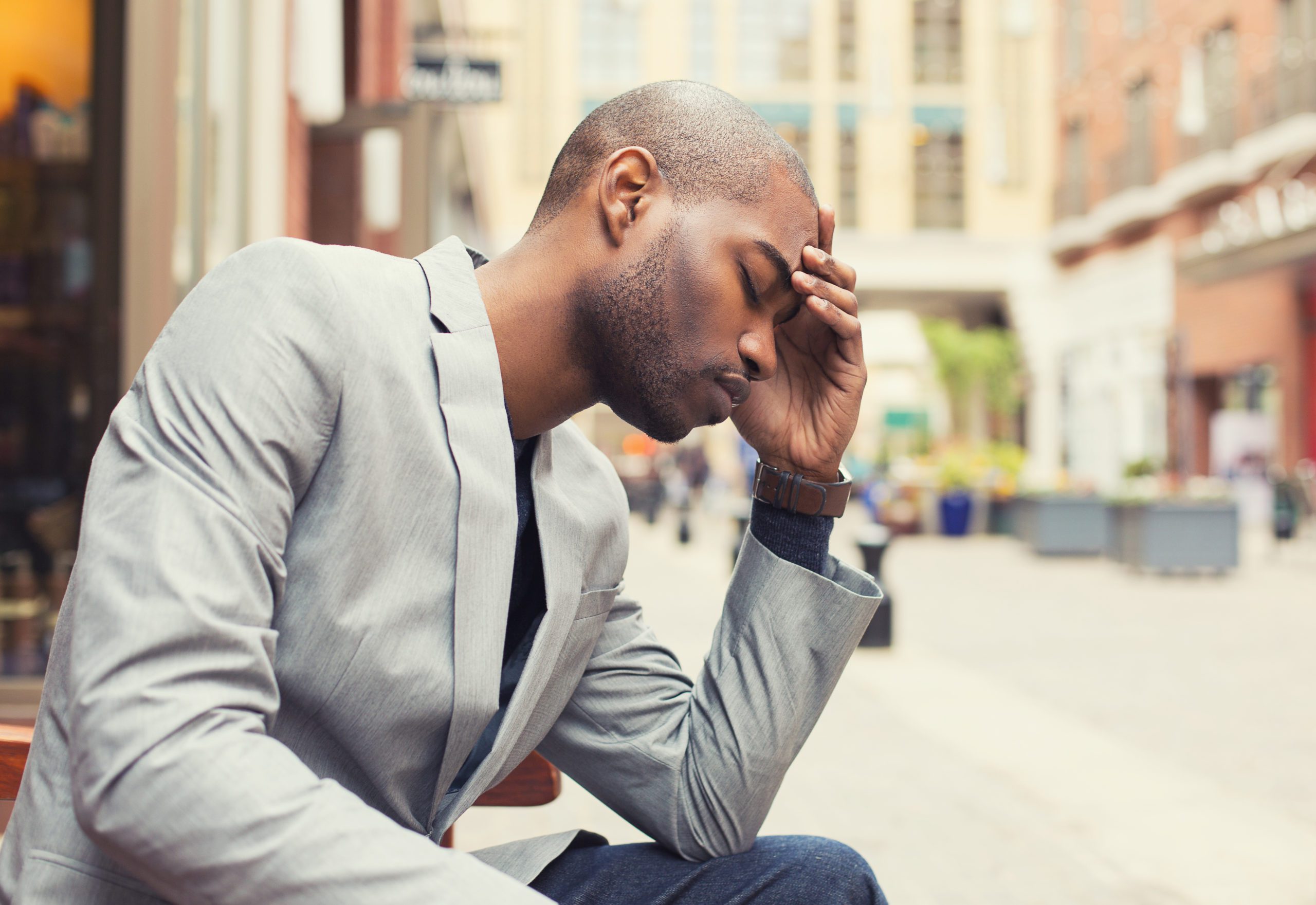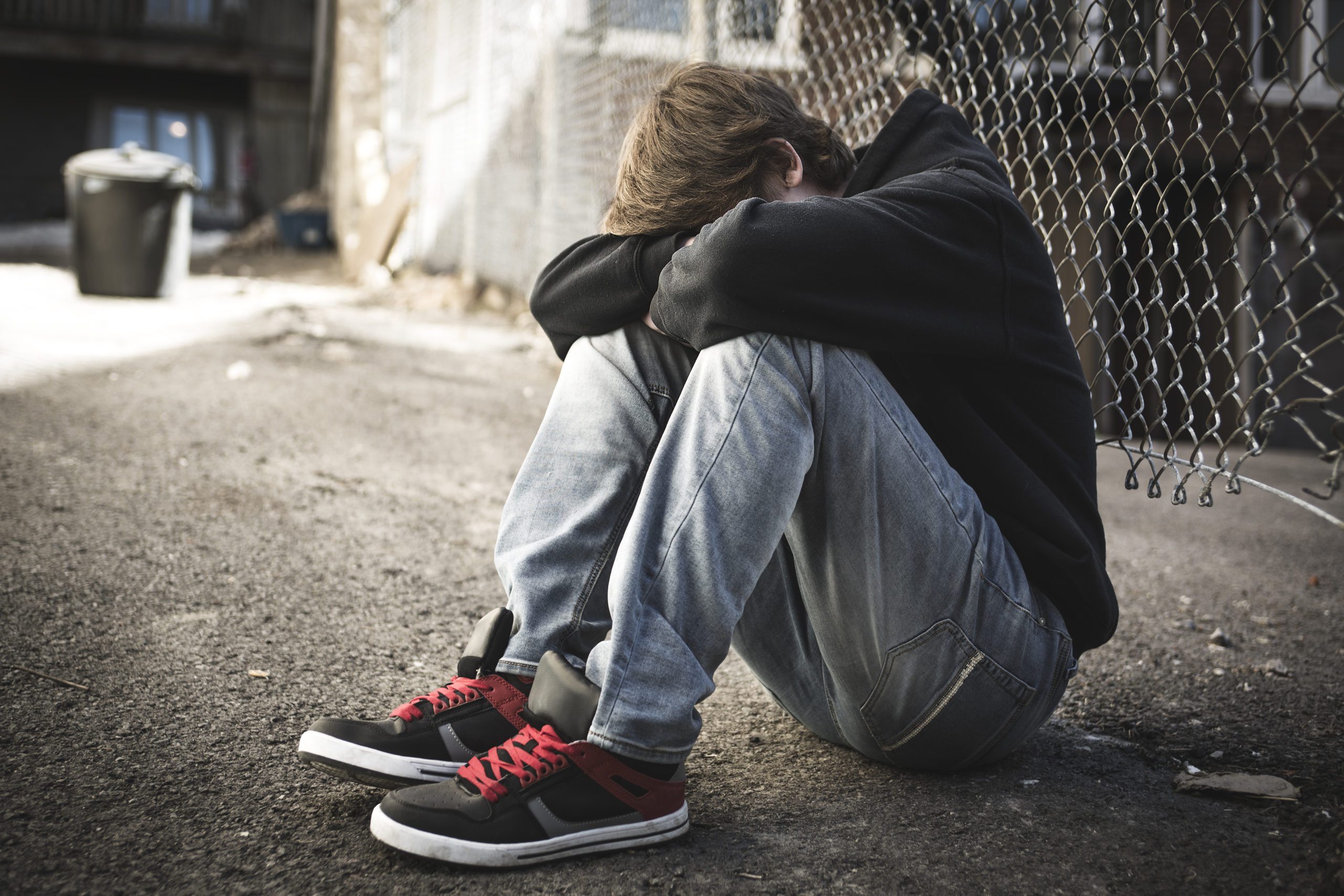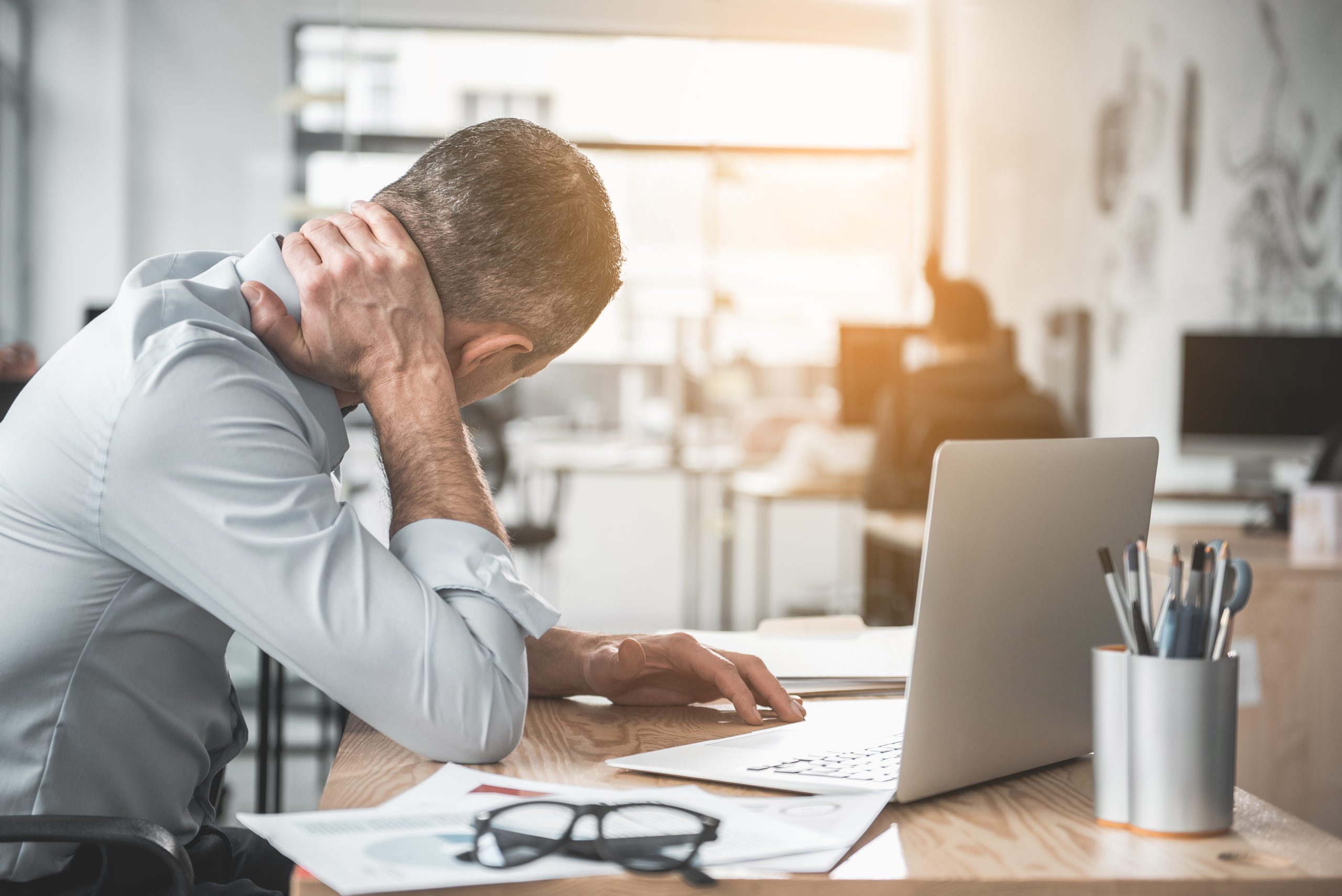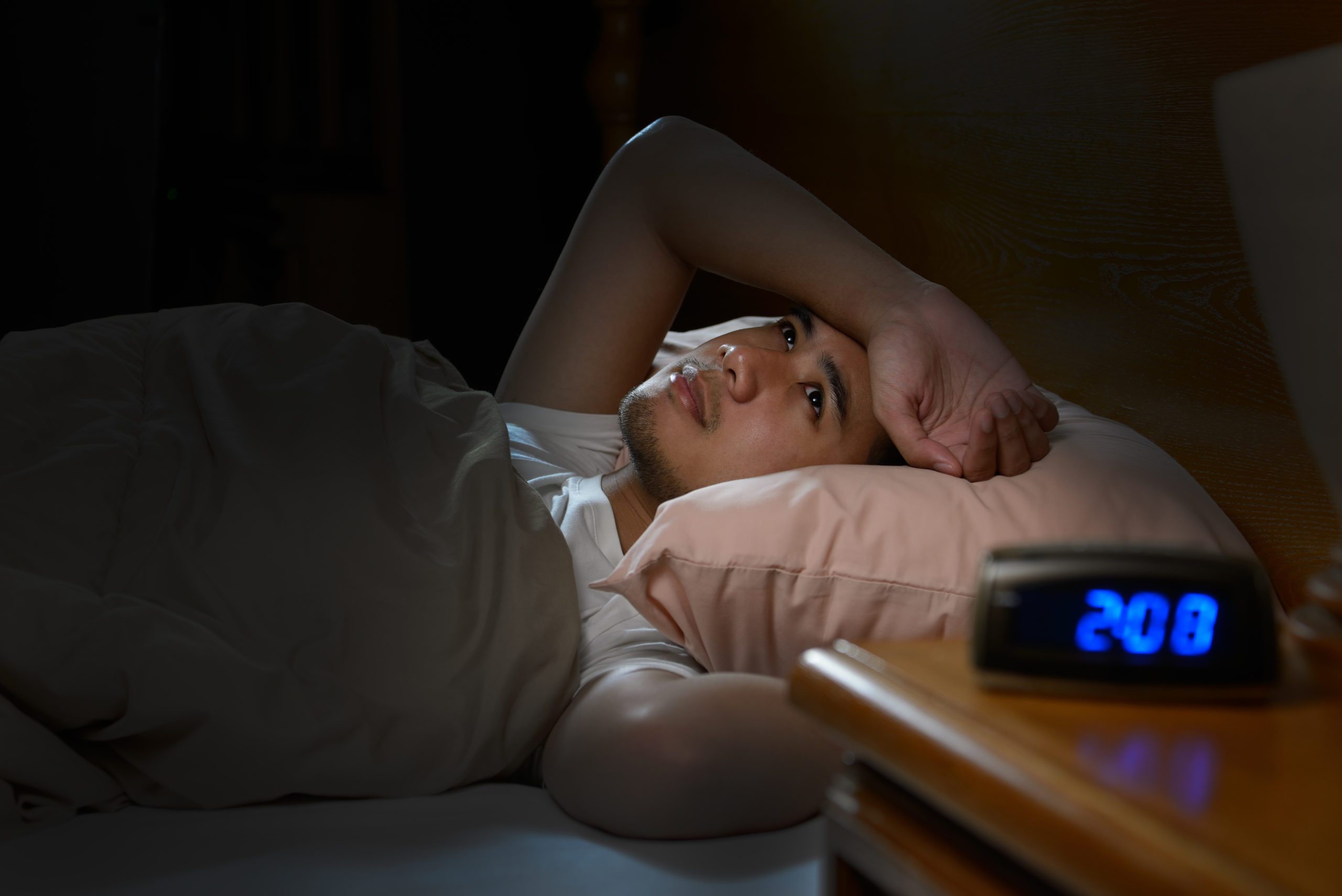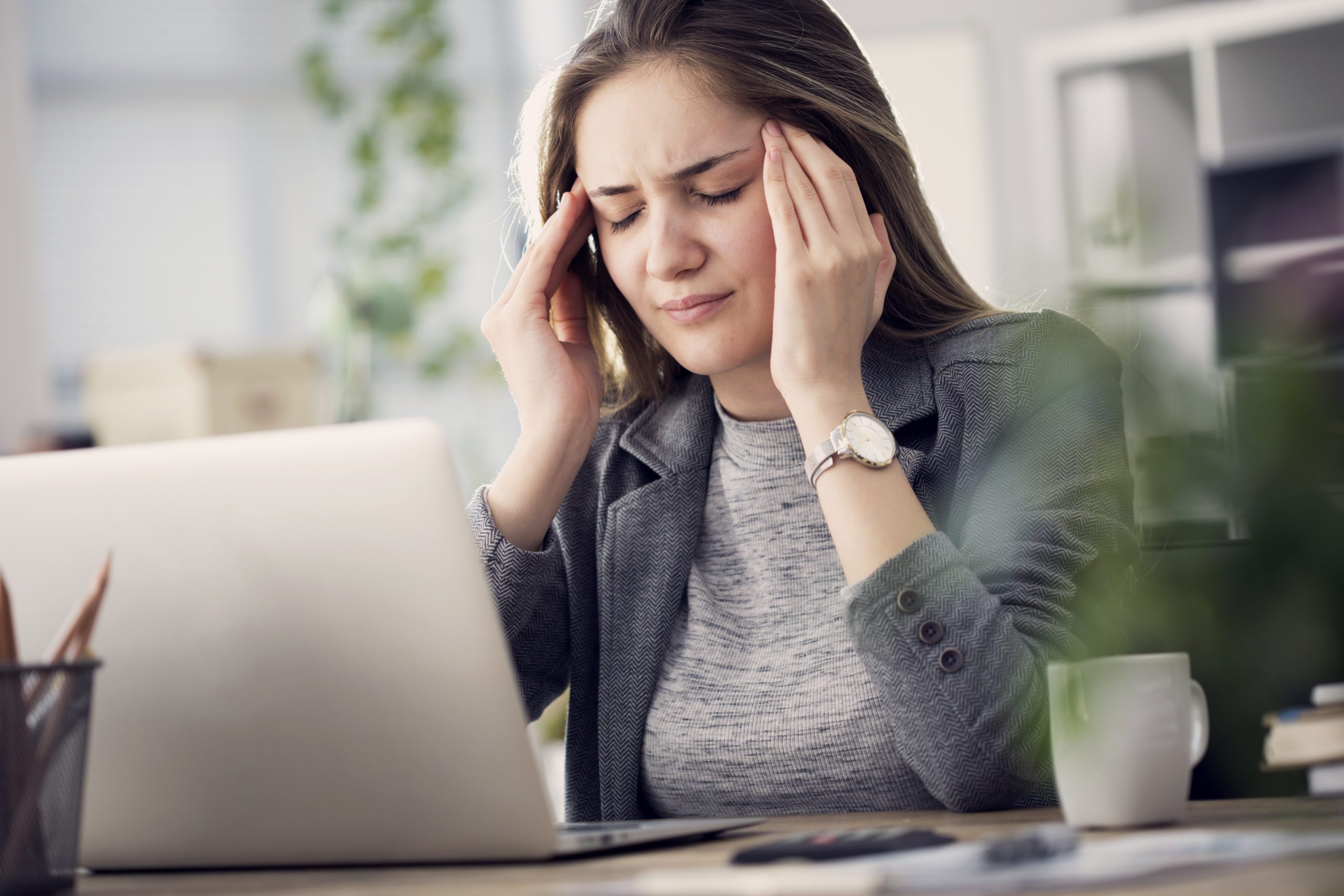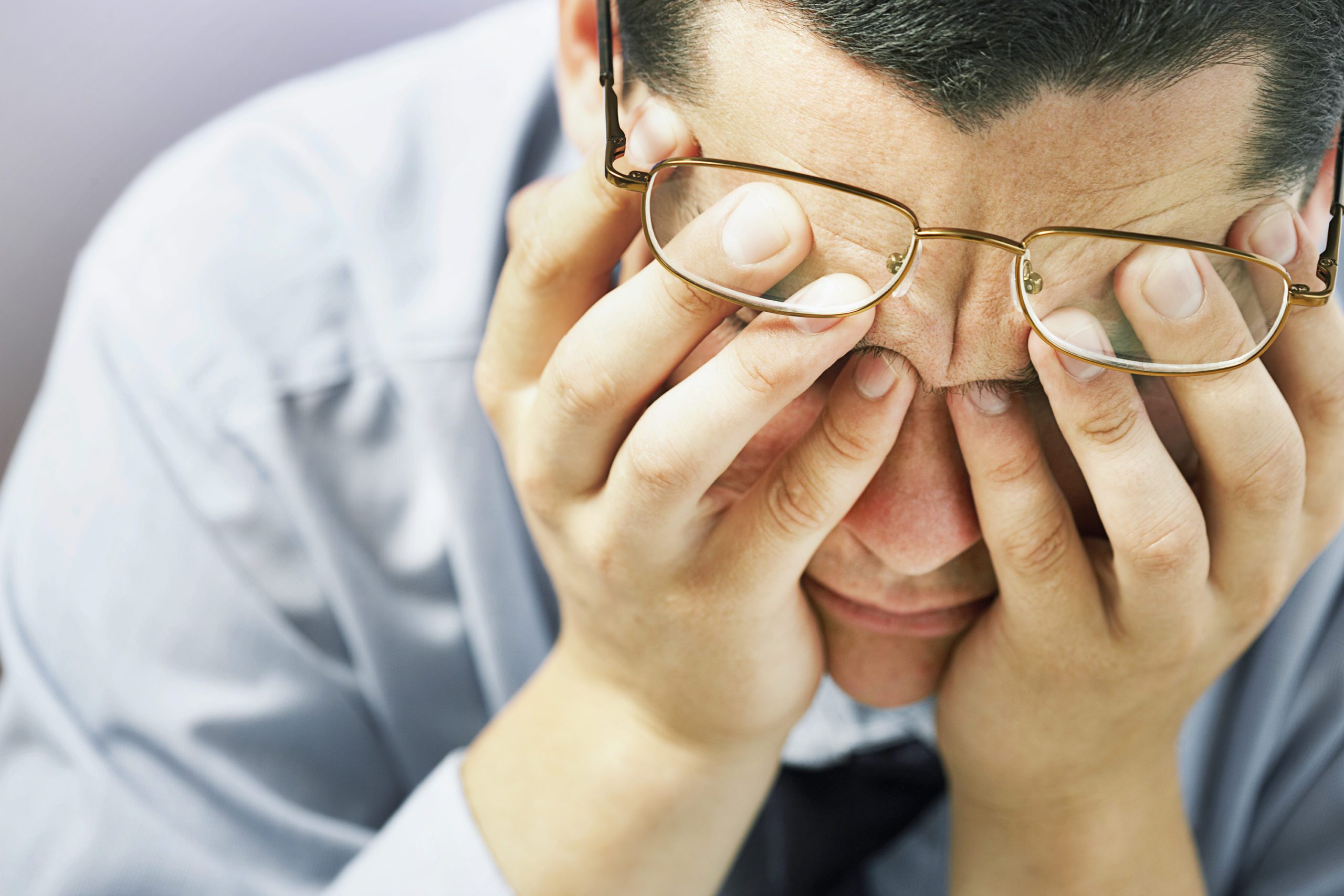In theory, your young 20’s should be a carefree time of life. It’s an era of freedom, setting goals and planning for a bright future. But for many college students across the country, that is simply not the case. And according to new research from UC Berkeley, there has been a sharp increase in anxiety issues among coeds.
Two of the biggest reported reasons for this spike are “financial difficulties” and “digital devices.” On the finance side, there are certainly more concerns now about setting up a successful life after graduation. Competition is fiercer, more jobs are being outsourced and degrees don’t hold quite as much weight as they did in years’ past. The money worries also come from lower income students, as they report to be constantly stressed about their parents not being able to pay the school’s bills.
Devices are a newer concern, but it’s something we have seen among many Millennials and Generation Z’ers. In this instance, issues like “cyber bullying,” social media flaunting and scary digital headlines can stir up uneasy emotions among students. In fact, according to the study, coeds who spend more than 20 hours a week of leisure time using a device are 53% more likely to have anxiety than those who spend less than five hours a week doing the same. Sadly, being constantly connected can lead to anxious consequences.
UC Berkeley professor Richard Scheffler was interviewed about the data for The San Francisco Chronicle. In his mind, these new stats should be very concerning.
“We have a new epidemic on college campuses,” he explained. “Our numbers show that (the number of) students being treated or diagnosed for an anxiety disorder has doubled nationally in the last eight years. It now outranks depression as the number one mental health issue for this set.”
And Scheffler emphasized that this research work was not taken lightly. Over nine years of data was studied from a variety of sources. Typical questions presented included “worry levels among students” and the persistence of ongoing, unnecessary fears. As Scheffler put it, “it’s the definition of anxiety.”
Frankly put…In 2018, roughly 1 in 10 students was diagnosed with an anxiety disorder. As of the last two years, it has now become 1 in 5. There were also larger trends among females and minorities (particularly African-Americans).
Certainly research like this merits further discussions and perhaps a bigger awareness play about mental health services for students. We are always available to lend support to 20-somethings suffering from emotional distress. If this is something happening to you or someone you are close, please do not hesitate to reach out.



